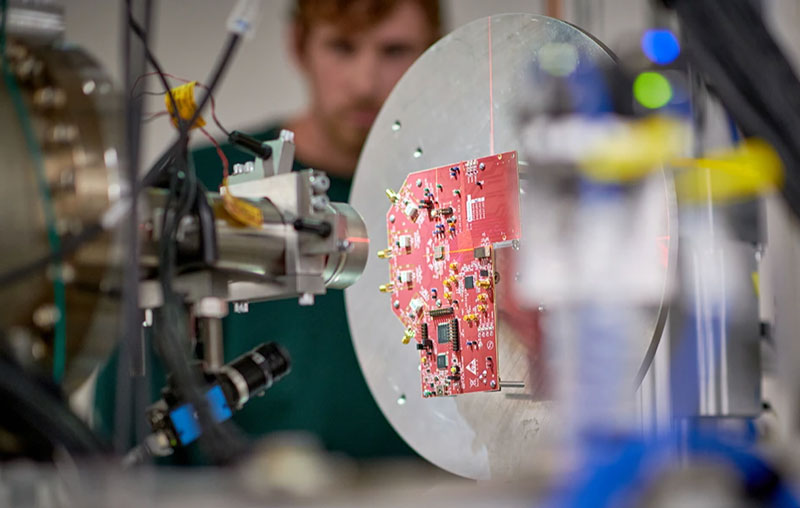Unite workers have called off their strike at Tata Steel over planned redundancies, paving the way for talks with the company over the future of its key site in South Wales.
Britain’s largest steel producer threatened last week to bring forward the closure of its two blast furnaces in Port Talbot to early July if Unite members insisted on going on an indefinite strike from July 8, citing safety concerns.
Tata had originally planned to close one of its blast furnaces by the end of June and the second by September. The plan was part of a government-backed plan to switch to more environmentally friendly forms of production. This would have resulted in the loss of up to 2,800 jobs.
When Sharon Graham, general secretary of Unite, announced on Monday that there would be no strike, she said it was “essential” that talks with the Indian company “proceed swiftly and in good faith, with the focus on new investment”.
The breakthrough came after Jonathan Reynolds, the shadow business secretary, spoke several times with representatives of the Unite union over the weekend and urged them to call off the planned strike, according to people familiar with the matter.
Moreover, this came after Tata wrote to all three unions represented at the company on Sunday and offered to start new talks if the Unite strike was called off.
Rajesh Nair, chief executive of Tata Steel UK, said in the letter, seen by the Financial Times, that the company “would prefer to avoid premature cessation of operations and continue our meetings with all unions to … agree the specific details of future assurances”.
Tata had previously said it would offer workers affected by the closure of the blast furnaces – two of the last remaining plants of their kind in the UK – improved severance packages and investments in skills and training.
The planned strike by Unite members had dismayed the Community steelworkers’ union and the GMB union, who feared it would lead to an earlier closure of the second blast furnace.
Community national representative Alun Davies said they welcomed Unite’s decision to “withdraw their strike and return to the negotiating table with their sister unions in the steel industry”.
“The truth is that Tata never broke off these talks and at our last meeting on May 22, all unions agreed to conclude the negotiations and present the result to our members,” he added.
The unions hope that if Labour wins the election on Thursday – as the polls predict – it will still be able to persuade Tata to reconsider keeping one of the blast furnaces until a less carbon-intensive arc furnace is built.
The older furnace will be shut down as planned this week.
Tata agreed a £500 million support package with the Conservative government last September to help it move to more environmentally friendly forms of steel production. As part of the as yet unsigned agreement, Tata announced it would invest £750 million.
Labour has promised to negotiate a better deal if it wins power. But Tata has consistently refused to keep the second furnace open any longer, saying it is neither operationally feasible nor financially viable.
However, people familiar with the situation said the company could promise investment in new processing plants if a Labor government provided more investment.
Tata and Labour were contacted for comment.



